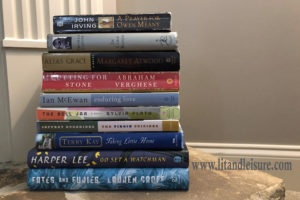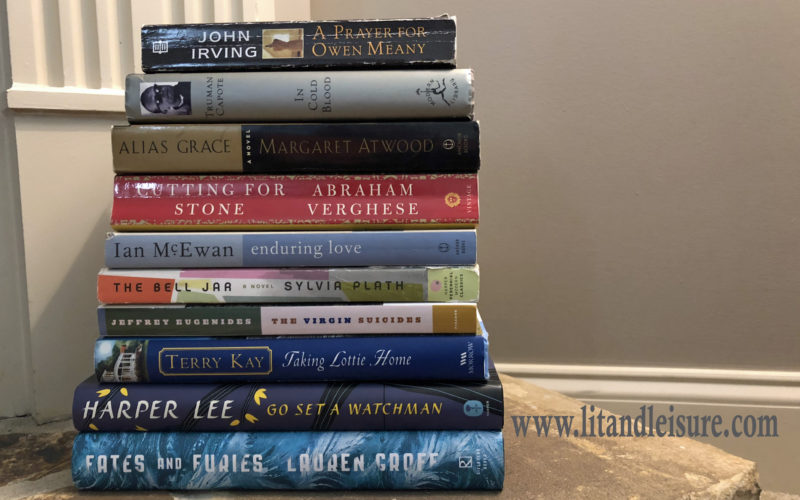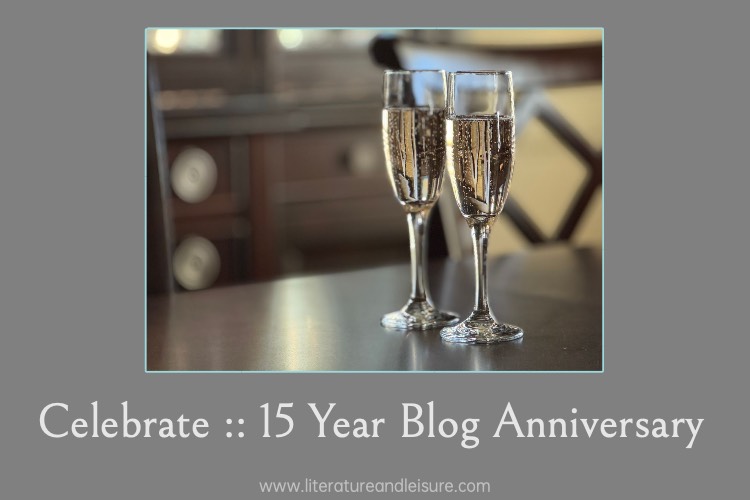 I remember vividly a conversation from twelve years ago at a networking event. It was a discussion with a fellow avid reader about how many books we read a year and the ratio of those books between fiction and non-fiction (self-development). My percentage skewed way to the fiction side and his, non-fiction. He tried to convince me that I make a 180-degree turn to weigh more heavily on the side of non-fiction.
I remember vividly a conversation from twelve years ago at a networking event. It was a discussion with a fellow avid reader about how many books we read a year and the ratio of those books between fiction and non-fiction (self-development). My percentage skewed way to the fiction side and his, non-fiction. He tried to convince me that I make a 180-degree turn to weigh more heavily on the side of non-fiction.
Well, I didn’t. And the more I read about the benefits of reading fiction, and in particular, good fiction, I’m glad I didn’t. It seems, reading all that good literary fiction is just as beneficial to my work as anything I may be doing.
Thus, there are six reasons why it is important that leaders, specifically communications leaders, should be reading good fiction.
1. It increases our creativity. Most of us are writers by trade, but even aside from that, we have to be creative problem solvers. A researcher at the University of Toronto tested cognitive closure (a state of reduced creativity) of those who read essays compared to short stories and found that “reading fictional literature could lead to better procedures of processing information generally, including those of creativity.” In short, reading fiction helps us open our minds to new and different ideas, options, and solutions.
2. Reading fiction makes us better storytellers. If increasing creativity isn’t enough, as storytellers, good fiction primes the pump for us to do our jobs well. I personally am never more inspired in my own writing than when I’ve read beautiful language written by another. By reading good fiction, we learn how to use storytelling to achieve an emotional response from our readers, making our work more effective in achieving desired results. And no surprise, reading fiction improves your vocabulary, which in turns makes our writing more succinct, more efficient.
3. Reading fiction increases empathy. Whether it is in face-to-face interactions or the tone and position we take in our communications, our ability to see things from another’s point of view is essential to being effective as a communications leader. One researcher is quoted in the New York Times as suggesting that novels offer “the opportunity to enter fully into other people’s thoughts and feelings.” There is specific research about how this applies to our feelings about stigmatized groups (think, your organization’s diversity work).
4. Reading fiction helps with relationships. A common leadership coaching activity involves role-playing situations, practicing interactions before they occur. Reading fiction basically allows us to do this on an ongoing basis. “(J)ust as the brain responds to depictions of smells and textures and movements as if they were the real thing, so it treats the interactions among fictional characters as something like real-life social encounters.” (Source) Combined with increased empathy, reading narratives can help us explore interpersonal relationships and equip us make better relational decisions in reality.
5. Reading combats stress. Reading has been shown to be a more effective stress-reducerthan listening to music or taking a walk. Other reports have shown reading to “put our brains into a pleasurable trance-like state, similar to meditation, and it brings the same health benefits of deep relaxation and inner calm.” (Source) As leaders, we all need effective ways to unwind.
6. Reading increases your life span. Ok, so this one may be a stretch. But, perhaps if reading does increase your life span, and practice makes perfect, you’ll have more years to get better at what you do!
As Annie Murphy Paul summarized, “(r)eading great literature, it has long been averred, enlarges and improves us as human beings. Brain science shows this claim is truer than we imagined.”
And as communications leaders, who are we if we are not first human? If you’re a leader, read good fiction.
***
This piece was originally posted on my LinkedIn page. Because I do communications in real life, this is an area where my worlds collide.






Comments
Powered by Facebook Comments